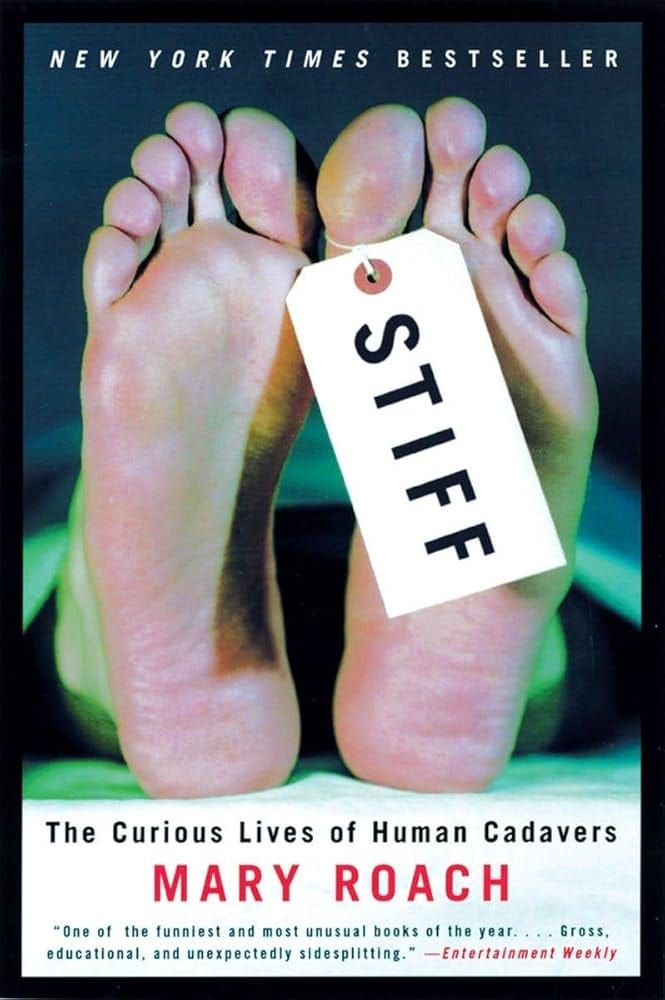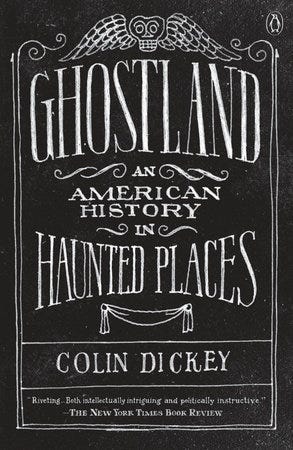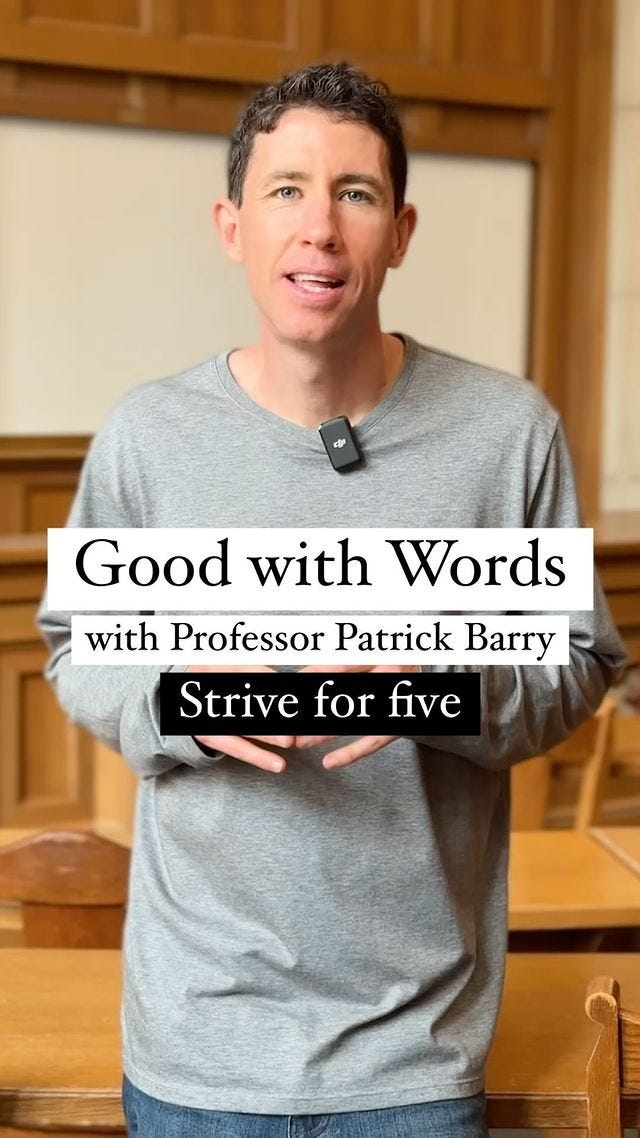Happy Halloween! Here’s a collection of fright-themed materials to complement your Trick-or-Treating.
Enjoy!
—The Good Sentences Team
1. Fiction: The Tell-Tale Heart by Edgar Allan Poe (1843)
Favorite Sentence: “You should have seen how wisely I proceeded—with what caution—with what foresight—with what dissimulation I went to work!”
—Picked by Kyle O’Hara, Class of 2025 (Favorite Halloween Candy: Reese’s Peanut Butter Cups)
2. Poetry: Field of Skulls by Mary Karr (1998)
Favorite Lines:
“In this way, you’re blind to your own eye’s intricate machine and to the light it sees by, to the luck of birth and all your remembered loves. ”
—Picked by Michael Vandergriff, Class of 2026 (Favorite Halloween Candy: Sour Patch Kids)
3. Essay: We Salted Nannie: A Real-Life Southern Ghost by Tom Maxwell (2016)
Favorite Sentence: “It was an attempt at control through humor, but the reality was that we were living lives of attenuated dread, waiting for the next, ever more threatening, incident.”
—Picked by Bansri Patel, Class of 2025 (Favorite Halloween Candy: Reese’s Peanut Butter Cups)
Michigan Sentences: Here’s an article in which Professor John Ellis, a historian at the University of Michigan’s Flint campus, explains the Celtic origins of Halloween.
UM-Flint Professor Explains the Celtic Origins of Halloween (2023)
Sample: “Ellis added that several of the Halloween traditions observed today are derived from Irish, Scottish and Welsh customs. In fact, pumpkin carving as we know it today evolved from another Celtic tradition. ‘Turnips would often be carved in the form of human faces or skulls and used as a lantern to protect against the Otherworldly creatures of the night,’ [he said].”
Syllabus Sentences: Here’s a chapter from Notes on Nuance that I use to teach students about the subtle effect you can create by using the word “albeit.” It features, as helpful example, a sentence from a biography of Shirley Jackson, whose accomplishments as a writer of mystery and horror books in the middle of the 20th century led to the creation of the Shirley Jackson Awards for “outstanding achievement in the literature of psychological suspense, horror, and the dark fantastic.” (Jackson’s most famous work, a short story called “The Lottery,” was published in The New Yorker in 1948.)
“Albeit” (Chapter 10)
Sample:
“Note how ‘albeit’ can help communicate an important qualification or caveat:
“She was an anonymous housewife—albeit an extraordinary one—flattered by the attention of a famous writer.”
—Ruth Franklin, Shirley Jackson: A Rather Haunted Life (2016)
Book Recommendations
For good sentences about (a fictional) Abraham Lincoln and the ghost of his son
Lincoln in the Bardo by George Saunders (2017)
Sample: “These and all things started as nothing, latent within a vast energy-broth, but then we named them, and loved them, and in this way, brought them forth. And now we must lose them.”
For good sentences about the bodies we leave behind
Stiff: The Curious Lives of Human Cadavers by Mary Roach (2003)
Sample: “I mention to the young woman whose job it was to set up the seminar this morning that the lavender gives the room a cheery sort of Easter-party feeling. Her name is Theresa. She replies that lavender was chosen because it’s a soothing color. It surprises me to hear that the men and women who spend their time pruning eyelids and vacuuming fat would require anything in the way of soothing, but severed heads can be upsetting even to professionals.”
For good sentences about haunted places
Ghostland: An American History in Haunted Places by Colin Dickey (2016)
Sample: “Look for the darkened graveyards, the derelict hotels, the emptied and decaying old hospitals. Wait past midnight, and see what appears.”
Quick Tip
Here’s a quick tip on how to enhance the stories you write, whether those stories be about ghosts, goblins, or any other subject: try to evoke all five senses.

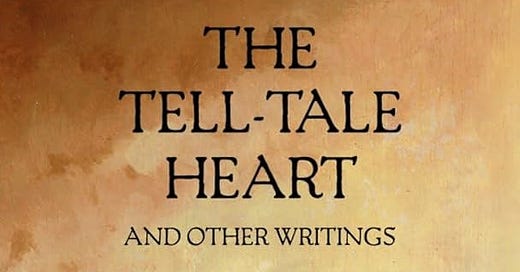




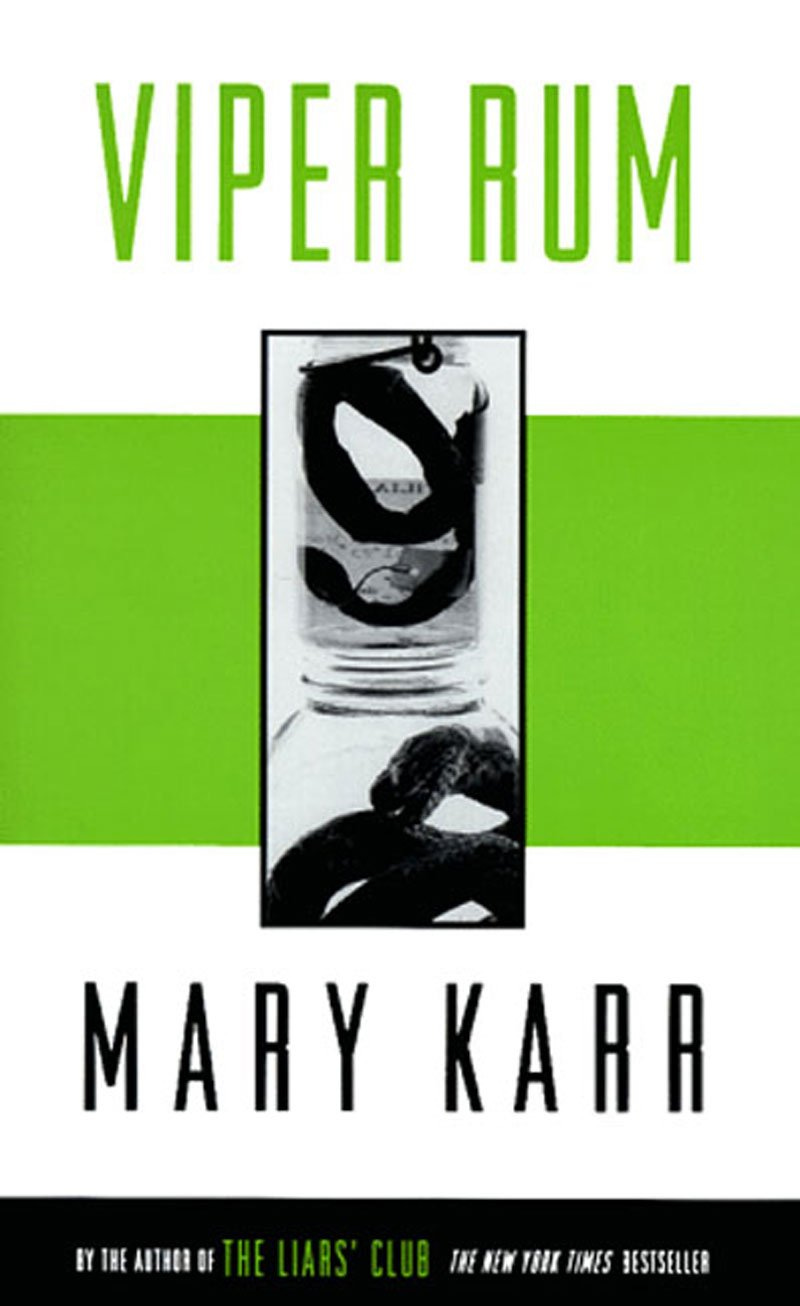

![Lincoln in the Bardo: A Novel [Book] Lincoln in the Bardo: A Novel [Book]](https://substackcdn.com/image/fetch/$s_!aFPZ!,w_1456,c_limit,f_auto,q_auto:good,fl_progressive:steep/https%3A%2F%2Fsubstack-post-media.s3.amazonaws.com%2Fpublic%2Fimages%2F00a35d4f-e6c3-4712-9a5f-2b309f35ebbe_1734x2560.jpeg)
